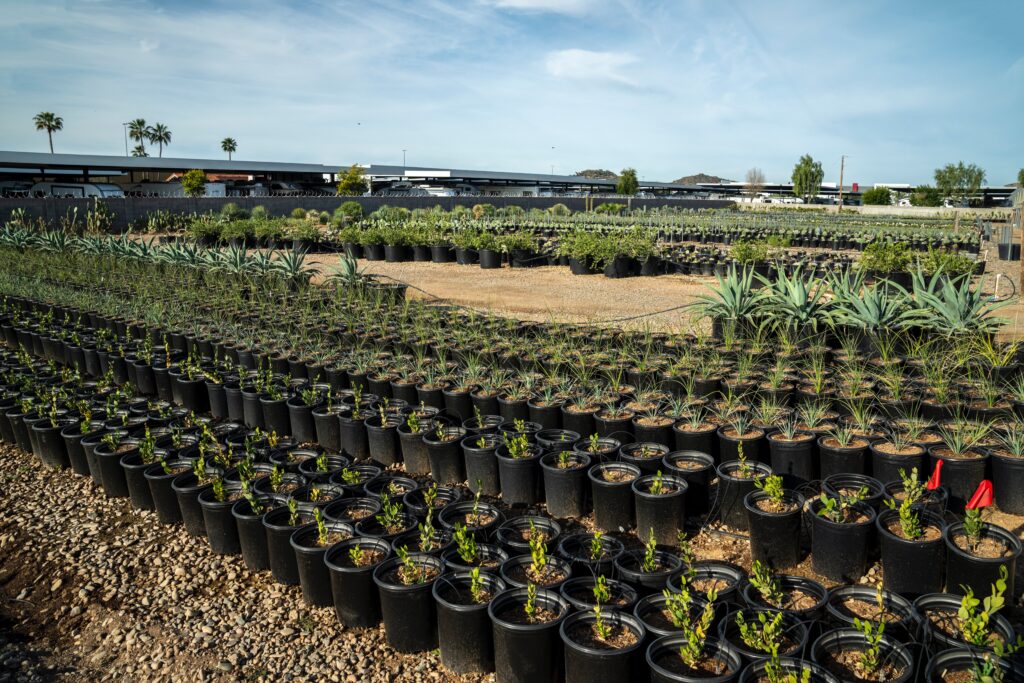Advantages of Plastic Pots for Horticulturists and Nurseries in Spain
In the world of horticulture and ornamental plant production, the choice of pot type is a key factor for successful cultivation. Plastic pots have been one of the most widely used options due to their versatility, durability and cost-effectiveness. So, in this article, we will explore the advantages of plastic pots for horticulturists and nurseries in Spain, highlighting their functionality and impact on agricultural production.
Benefits of plastic pots
Durability and resistance
Plastic pots are designed to withstand the most demanding conditions, such as prolonged exposure to sunlight, temperature changes, and frequent handling in nurseries and farms. Unlike clay or ceramic pots, they do not break easily, making them a reliable option for large-scale production.
Lightness and ease of transport
The reduced weight of plastic pots makes them easy to handle, store and distribute. This is especially important in nurseries and production centres where large volumes of plants need to be moved from one place to another quickly and efficiently.
Variety of designs and sizes
The market offers a wide range of plastic pots for horticulturists adapted to different types of plants and cultivation needs. From square pots ideal for optimising space in cultivation trays to specific models for ornamental plants, there are options for every type of production.
Cost-effectiveness
Compared to other materials, plastic pots offer excellent value for money. Their mass production keeps costs down, making them the preferred choice for growers looking to optimise their investment without compromising on quality.
Applications in Horticulture and Nurseries
Plastic pots play a fundamental role in the propagation and development of plants. In nurseries, they are essential to ensure optimal growth of plants before being transplanted to their final destination. In the production of ornamental plants, they offer an attractive and functional presentation for marketing.
Sustainability and Recycling
Despite being made of plastic, many pots are made from recyclable materials, which reduces their environmental impact. In addition, their prolonged reuse minimises waste generation, and more and more companies in the sector are implementing recycling programmes to promote a circular economy.
Current Innovations and Trends
Plastic pots have evolved to adapt to the new needs of the sector. Among the most notable innovations are models with built-in irrigation systems, which help to optimize water consumption and improve plant health. Murgiplast, in collaboration with Pöppelmann TEKU, offers innovative solutions for professional horticulture, guaranteeing high-quality products adapted to market demands.
Conclusion
Plastic pots remain the preferred choice for horticulturists and nurseries in Spain due to their durability, versatility and cost-effectiveness. Their lightness, ease of transport and variety of designs make them an essential tool in plant production. At Murgiplast, we offer a wide range of plastic pots designed to optimise the growth and presentation of your crops. Contact us for more information and discover our specialist solutions for professional horticulture!

